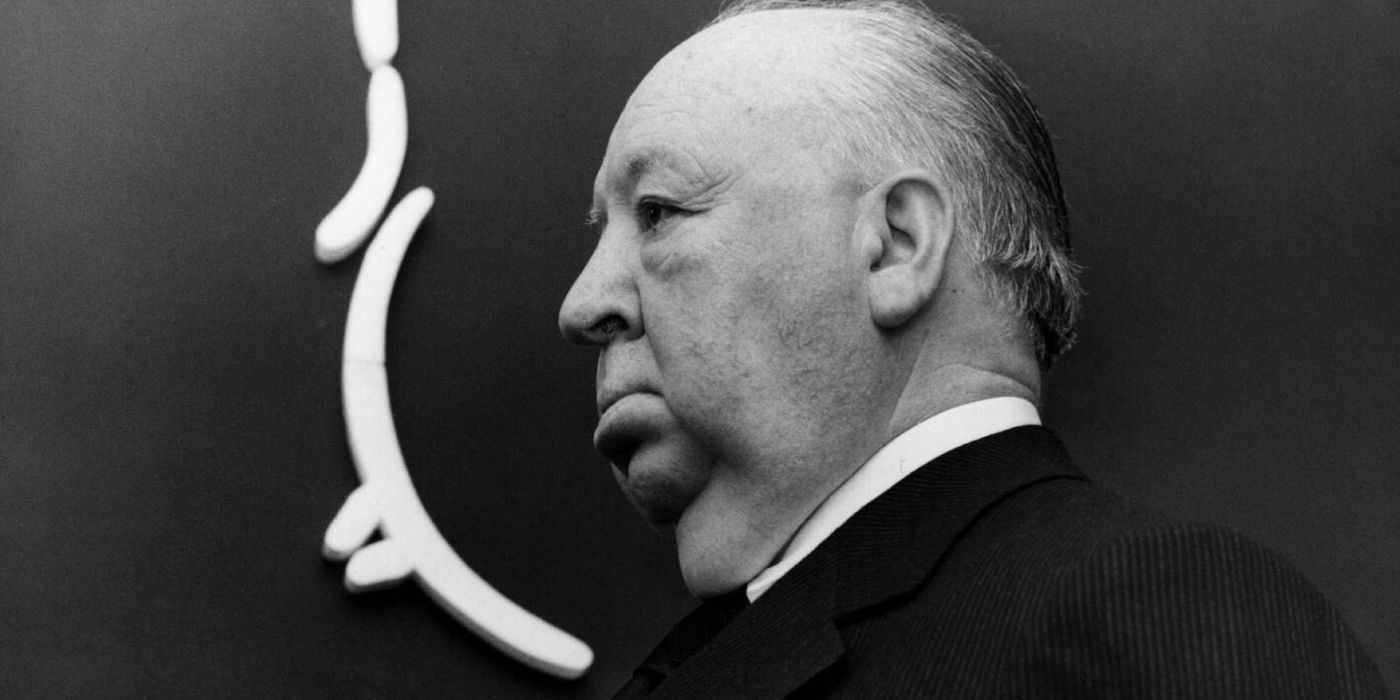In the realms of filmmaking history, visionary directors have always been held in high esteem, and this is usually the reason why awards seasons are often dominated by their films. But since the 1950s, after French filmmaker and actor Francois Truffaut first posited the concept of auteur theory, and American critic Andrew Sarris later adapted it for the English-speaking world, the notion has since become a contentious topic.
Celebrated by many who drove its ideology into the mainstream and saw the rationale behind it as a sound and justified one, it has grown to become a term of distinction — a label for filmmakers to aspire to. Literally translated as “author”, auteur theory huddles around the idea that exceptional directors stamp an esoteric style and unique control over a film to the point of being its “author.”
That does not mean they have to write the script or personally undertake every part of the filmmaking process. Rather, it is the director’s job to conceptualize the entirety of the film’s vision, and oversee its execution in accordance with that vision. When done correctly, the result should be a film that has a distinctly impressive style and feel, bred from that director’s inimitable artistic soul, unmistakable for anyone else.
While many brilliant filmmakers have certainly lived up to this billing, there are some inherent problems with auteur filmmaking that have led to a growing chorus against it. Exactly why that is, and what exactly it may mean for the future of cinema, warrants a deeper discussion.
Anti-Auteur Theory
Oppenheimer
- Release Date
- July 21, 2023
- Cast
- Cillian Murphy , Matt Damon , Robert Downey Jr. , Emily Blunt , Florence Pugh , Gary Oldman , Josh Hartnett , Jack Quaid , Kenneth Branagh , Rami Malek , Alex Wolff , Matthew Modine
Among filmmakers, movie stars, critics, and cinephiles alike, auteur theory was widely seen as a good thing for a long time. It was the overall concept that drove the modern-age reverence the entertainment industry has for unique and highly competent directors whose greatest films have been hailed as masterpieces.
For a while, familiar names like Quentin Tarantino, Martin Scorsese and Spike Lee were the leading auteurs of modern cinema. Since the early ’00s, they’ve been joined by the likes of Wes Anderson, Christopher Nolan, and Greta Gerwig as the most prominent auteurs of today.
While no one doubts their brilliance, nor the fact that they truly deserve the moniker, so-called anti-auteur movements have begun growing in prominence too. Anti-auteur theory usually has a few common reasons why it’s been on the rise. Some are related to the mentalities of our age, while others seem more reactionary.
Rent Oppenheimer on Apple TV+
Too Much Control Takes Credit Away From Others
The oldest and most common anti-auteur argument is that it simply takes too narrow a view of how much of a collaborative effort making a film is. In that sense, it posits that no matter how controlling or influential a director can be over a project, it takes the joint effort of everyone from the writers, producers, editors, casting directors, art directors, scorers, sound engineers, and every other crew member that works on a film, to bring it to life. That’s, of course, not even counting the actors themselves, who must execute their performances in line with the vision of the film.
The first problem with the concept of an omnipotent director is, therefore, that it hogs all the glory and takes due credit away from everyone else who may have had an integral role to play. This is a logical enough argument, although it does oversimplify a director’s purpose and role in creating a cohesive vision for a film, and then ‘directing’ the various people and components to make that vision a coherent reality.
The Reactionary Reasons Behind Anti-Auteur Theory
On the other hand, while celebrated directors like those we’ve listed may generally be regarded in a positive light, the cliché of the tyrannical director usually has a basis in reality too. Visionary directors are often known for their obsessive commitment to detail and intolerance of anything or anyone that departs from their dictatorial viewpoints.
However, there’s also the sheer ignominy with which so many have conducted themselves, and the indefensibly autocratic reputations that have resulted, amid others who have displayed downright shocking and even criminal behavior who have also doomed the notion of the all-powerful director.
As Ryan Gilbey writing for The Guardian explains:
But these are more than usually troubled times in the film industry, and the assumption that the director is present in every frame becomes problematic once that same director turns out to be a liability. It is one thing separating the art from the artist: reprehensible people frequently make great films, and vice versa. But how do we square that with the cult of the auteur? If the value of a movie can be attributed to a single film-maker, it becomes that much harder to argue that extracurricular misjudgments – and even crimes – can be expunged from what is on screen.
What Anti-Auteur Theory Means for the Future of Cinema
Among the milieu of competing tensions between pro and anti-auteur filmmaking, there’s a chilling repercussion for the future of cinema. If it truly becomes a dying art form, big studios and the executive theory of filmmaking are likely to take its place. Big studios have already begun carving out a notorious reputation for choking the creativity of filmmakers and goading productions into more executive-controlled quagmires geared toward profiteering over art.
Of course, the profit element of filmmaking is understandable, so this is far from an anti-capitalist rant, since it’s only logical that films must make money for the industry to survive and grow. However, the problem with too much studio control and too little artistic license is that it will likely also sound the death knell for creativity.
Cutting costs isn’t synonymous with revolutionary filmmaking, nor is stifling creativity a healthy environment for authenticity to thrive. In such a micromanaged filmmaking dystopia, one coupled with a world characterized by hyper awareness and intolerance for hardheaded filmmakers, it seems auteurs no longer have a place.
Stream Pulp Fiction on Max
Do Auteurs Even Exist?
This is clearly not a good thing. Whatever shortcomings auteurs may have, there’s no denying that they do exist and are actually capable of being the heart and soul behind a film, no matter how much effort every other crew member expends to help them realize their vision. Auteurs are the conductors of a large and varied orchestra, but the orchestra, as talented and varied as it is, follows the direction of its leader.
An auteur’s work is defined by the fact that we can watch a Christopher Nolan or Wes Anderson film, and immediately recognize that it was made by them, no matter what various actors and other filmmakers join the project. Nevertheless, the debate goes on, and shows no signs of stopping.
Here’s a clip of an interview in which Christopher Nolan himself explains how he balances his creative process:







